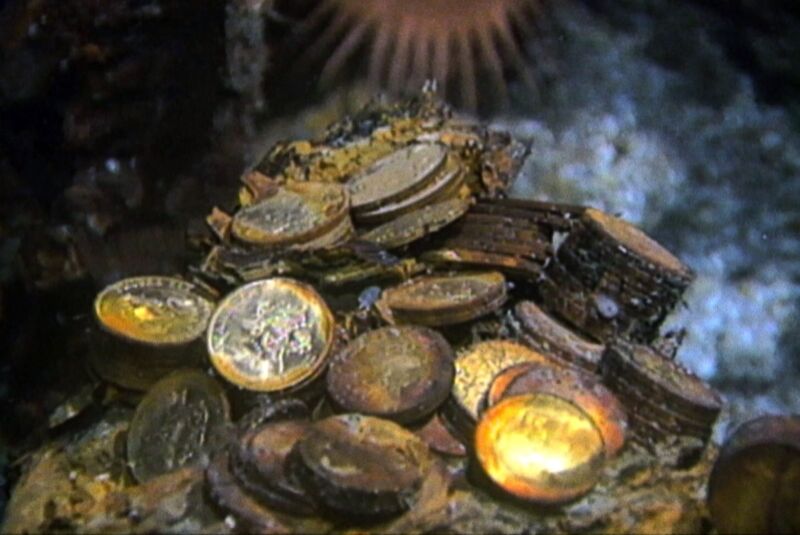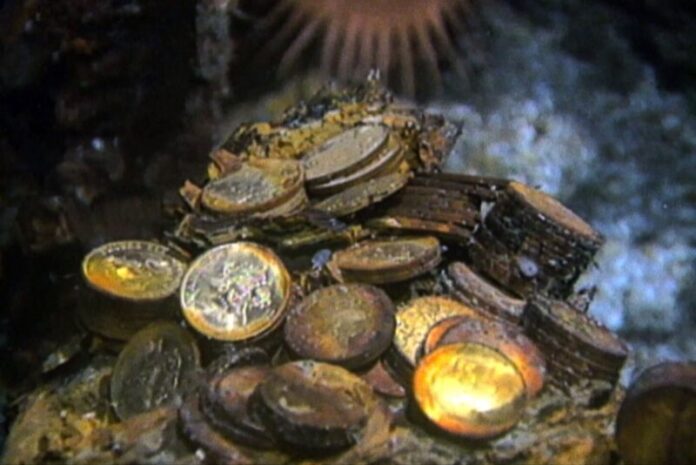
Enlarge / Cursed Gold: A Shipwreck Scandal documents the spectacular rise and fall of treasure hunter Tommy Thompson. (credit: Recovery Limited Partnership Liquidating Trust)
Many people dream of finding lost or hidden treasure, but sometimes realizing that dream turns out to be a nightmare. Such was the case for Tommy Thompson, an American treasure hunter who famously beat the odds to discover the location of the SS Central America shipwreck in 1988. It had been dubbed the "Ship of Gold" since it sank in 1857 laden with 30,000 pounds of gold bars and coins—collectively worth enough money to have some impact on the Panic of 1857 financial crisis.
Thompson and his team recovered significant amounts of gold and artifacts to great fanfare, with experts at the time suggesting the trove could be worth as much as $400 million. The euphoria proved short-lived. Thirty-nine insurance companies filed lawsuits, claiming the gold was rightfully theirs since the companies had paid damages for the lost gold back in the mid-19th century. Thompson eventually prevailed in 1996, when courts awarded him and his discovery team 92 percent of the gold they'd recovered.
But actually realizing profits from the gold proved challenging; In the end, Thompson sold the gold for just $52 million, almost all of which went to pay off the massive debt the project had accumulated over the ensuing years. So naturally, there were more lawsuits, this time from the investors who had financed Thompson's expedition, accusing him of fraud. Thompson didn't help his case when he went on the run in 2012 with his assistant, living off some $4 million in assets stashed in an offshore account.
Read 8 remaining paragraphs | Comments
Ars Technica - All contentContinue reading/original-link]




